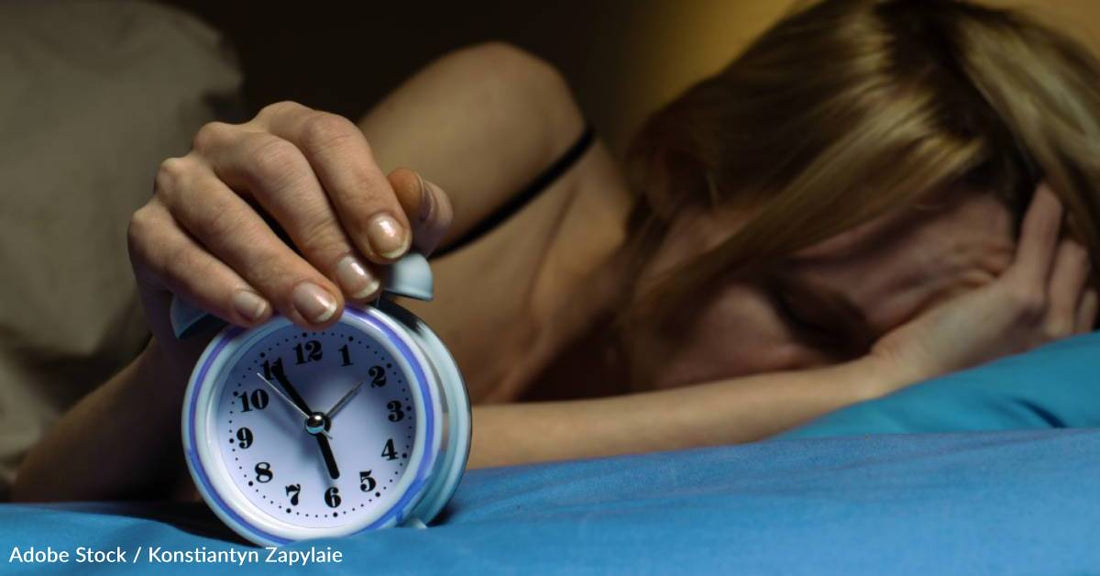Insufficient Sleep May Counteract the Cognitive Health Benefits of Exercise
Michelle Milliken
Poor sleep habits have been linked with cognitive decline, while good exercise habits are believed to help protect cognitive health. What happens when you’re doing well in one of these areas but not the other? A new study investigated.
Research recently published in The Lancet Healthy Longevity measured the cognitive function of nearly 9,000 older adults who had different combinations of sleep and exercise habits. They found that in those who exercised the most, poor sleep habits seemed to lessen the benefits derived from physical activity.
Dr. Mikaela Bloomberg, lead author from University College London Institute of Epidemiology & Health Care, explains, “Our study suggests that getting sufficient sleep may be required for us to get the full cognitive benefits of physical activity. It shows how important it is to consider sleep and physical activity together when thinking about cognitive health.
“Previous studies examining how sleep and physical activity might combine to affect cognitive function have primarily been cross-sectional – only focusing on a snapshot in time – and we were surprised that regular physical activity may not always be sufficient to counter the long-term effects of lack of sleep on cognitive health.”
In this study, insufficient sleep was determined to be fewer than six hours. Between six and eight was the sweet spot, which, when linked with higher physical activity levels, provided the most cognitive benefits.
At the start of the study, which involved 8,958 adults aged 50 and older in England, those who were exercising the most had the best cognitive health, regardless of sleep levels. However, the team says that changed over the 10 years of follow up. By the end of that time, those who exercised more but slept little experienced faster rates of cognitive decline than their physically active peers who had healthy sleep habits. In fact, at the 10-year mark, the first group had cognitive scores that matched those of the participants who had little physical activity.
However, while this was true for younger participants, those 70 and older maintained the exercise-related cognitive benefits, regardless of sleep totals.
As this study did involve people in middle age, the team says it shows the things we do when younger can impact our brain health in old age.
Andrew Steptoe, co-author and professor at UCL Institute of Epidemiology & Health Care, explains, “It is important to identify the factors that can protect cognitive function in middle and later life as they can serve to prolong our cognitively healthy years and, for some people, delay a dementia diagnosis.
“The World Health Organisation already identifies physical activity as a way to maintain cognitive function, but interventions should also consider sleep habits to maximise long-term benefits for cognitive health.”
Physical activity is one of 13 factors the American Heart Association and the American Stroke Association say impact your risk of dementia. Read the rest here!




